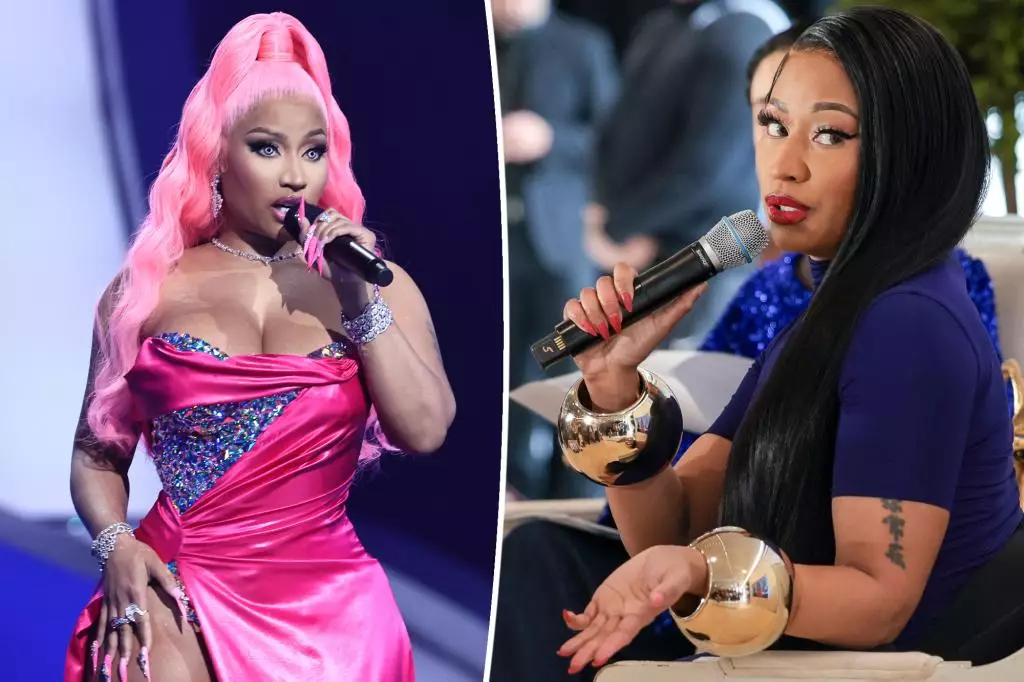In the world of celebrity, scandals often arise, but rarely do they carry the intensity of allegations now facing rapper Nicki Minaj. Recent reports indicate that Minaj is embroiled in a legal battle initiated by her former manager, Brandon Garrett, who has accused her of physical assault, battery, and infliction of emotional distress during a tense backstage incident at a concert in Detroit in April 2024. This incident has not only cast a shadow over her career but has raised questions about the treatment of employees within the entertainment industry.
Details of the Allegations
According to the lawsuit, Garrett claims that the altercation stemmed from a situation where he requested someone else to collect Minaj’s prescriptions. This seemingly innocuous act turned into a horrifying confrontation. Garrett alleges that Minaj reacted with severe aggression, berating him and allegedly threatening his physical safety. The specifics of the allegations are alarming; Garrett claims that Minaj struck him on the face, an act he describes as so forceful that it caused his hat to fall. Such an accusation not only suggests a volatile temperament but raises concerns about workplace safety, especially in an industry where the stressors are exceedingly high.
The intense language used during the confrontation, as detailed in the lawsuit, further evokes a troubling image of the power dynamics often at play in the celebrity arena. Garrett contends that Minaj not only assaulted him physically but also inflicted psychological trauma through harsh verbal abuse, which included threats regarding his future career prospects.
Implications for the Music Industry
This incident is not merely a personal dispute; it highlights significant issues within the music and entertainment industry, where power imbalances can lead to exploitation and mistreatment. Garrett’s claims are indicative of a broader culture that permits aggression and intimidation, especially among those at the top of the hierarchy. As celebrities like Minaj command immense influence and financial power, the consequences of their actions can have profound ramifications for those lower in the pecking order—often leading to a culture of fear instead of collaboration.
Furthermore, this legal battle is unfolding against the backdrop of Minaj’s career milestones, as she embarks on her “Pink Friday 2” World Tour, raising awareness about the stark contrast between public personas and private behaviors. While her musical talents garner accolades and awards, such as her 12 Grammy nominations, this lawsuit draws attention to the darker aspects of her influence, which may silence those who work closely with her.
As Nicki Minaj navigates these serious allegations, it serves as a compelling reminder of the ramifications of unchecked power in the entertainment industry. The lawsuit brought by Garrett not only questions Minaj’s conduct but calls into question the overall work environment within high-stress celebrity circles. Ultimately, the situation asks us to reflect on how the dynamics of celebrity and power continue to shape behavior and influence workplace culture, urging the industry to prioritize accountability and foster a safer environment for all.

